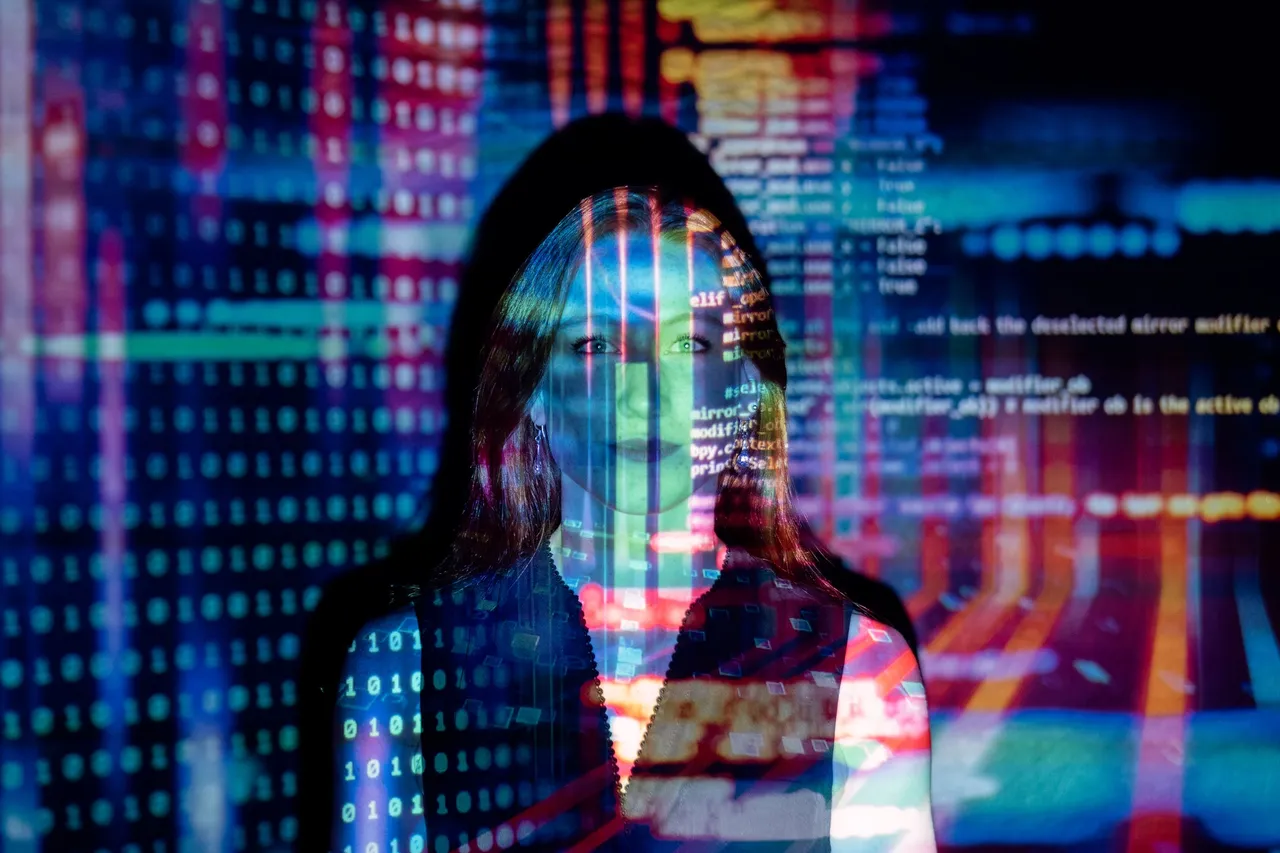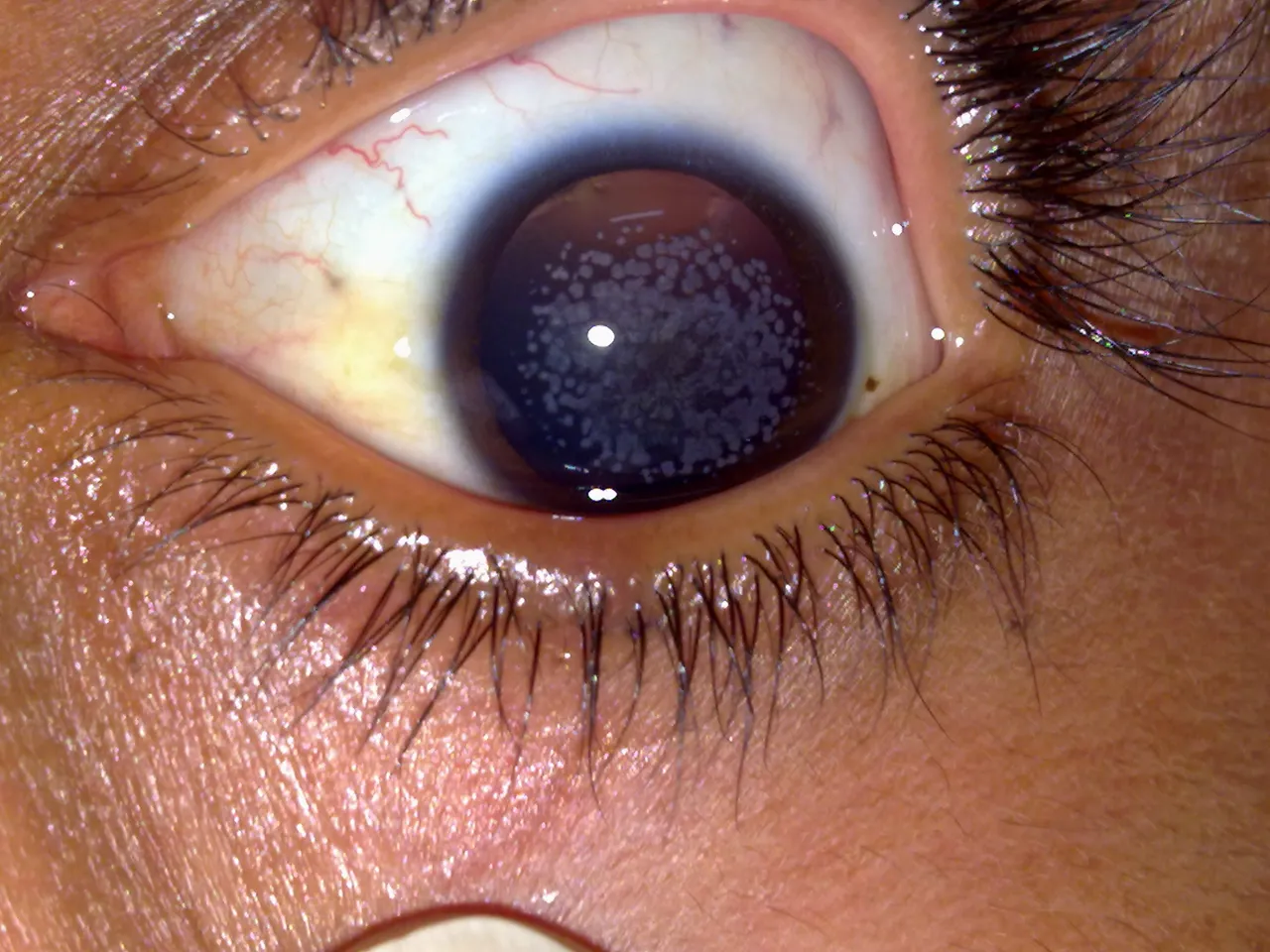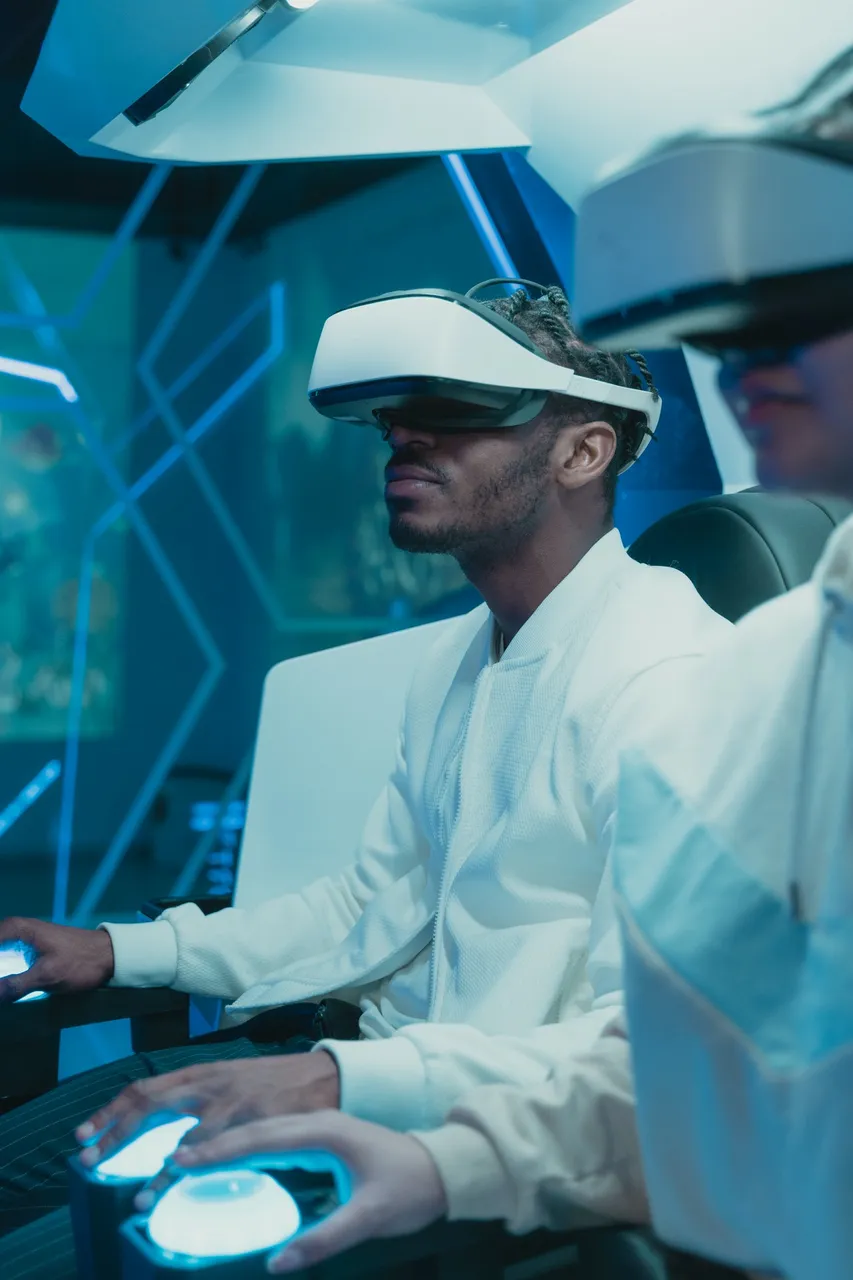Hello everyone. Hope you are doing well.
I would like to discuss the implications of fast internet speeds, as promised by the 5G networks and other upcoming technologies, on the medical field. I am an ophthalmologist, hence my views will tread around my field, but I will try to generalise where possible.

Photo by ThisIsEngineering from Pexels
The most important application of internet in the field of medicine is for tele consultation. According to this publication :
Teleconsultation is defined as synchronous or asynchronous consultation using information and communication technology to omit geographical and functional distance. Its goals are for diagnostics or treatment between two or more geographically separated health providers (for example physicians or nurses) or between health providers and patients.
Of course, tele-consultation is not a new mode of diagnosis or treatment. Aravind Eye Care, in India, has been practising Tele Ophthalmology since the year 2002. In other departments too, tele consultation has been going on for a long time. In departments like Radiology, the X ray and CT films, for example, are seen remotely and reported by doctors. It has come into the lime light because of the current situation due to the pandemic.
What then is the limitation with the current technology?
I will share my own personal experience. I once received a video call on one popular app from a patient who had redness of the eyes with mild watering and irritation since a few days. We as doctors are already thinking about the possible causes and diagnosis with this information even before having seen the patient. Still, it is essential to examine the person and I tried looking at the eyes through the video call.
It proved impossible to get a clear enough look at the eyes. Is it the limitation of the camera in the phone being used? I don't think so. Here is a photo I captured on my mobile phone almost 10 years ago :

It is just a close up photo, not even looking through the slit lamp for magnification.
Going back to the present story, I asked the patient to send me photos of the eyes, to see if I can get a clearer picture. The photos were a little out of focus and the app itself compressed the image before sending it to me.
All these are limitations because of the internet speed and data limits that we have in most parts of the world. A high speed, stable data connection is required for most real time tele consultations.
Can 5G solve this?
Probably. First things first. 5G technology is probably not even offering the speeds promised before its advent, yet. At least, where I live, I did not notice a drastic increase in speed compared to 4G. It could be because of issues with network coverage and other such things.
If and when the speeds are upto speed, we can see dramatically better teleconsultations. It will be as if you are in front of the patient given the technological advancements that have been made in the imaging department. The bottleneck that I see right now is the transmission of enough data at high speeds.
We can take things further.
3D visualisation is already happening locally, at the site of examination/surgery in our field at least. Here are a few examples :
https://www.ophthalmologytimes.com/view/3d-cataract-surgery-keeping-eye-focus
https://www.barraquer.com/en/news/nuevos-sistemas-visualizacion-cirugia-3d
Robotic surgeries are happening in fields like Orthopedics, Oncology and even our field in retinal surgeries.
What I envision is remote, robotic surgeries; remote 3D visualisations.

Photo by Tima Miroshnichenko from Pexels
Imagine sitting in a different continent and being able to perceive depth while remotely examining the patient. Not just perceive depth but also enhanced contrast, maybe remove some colours or add filters for better clarity.
How about remote robotic surgeries with haptic feedback? Like the feedback we get on the modern controllers of modern consoles...
I have heard from one of my friends that using machine learning, the device may be programmed to give feedback in the form of tactile sensation to avoid performing a certain step which has led to complications previously. There is no stopping there. The possibilities are literally endless.
Virtual Conferences
We have all attended many of these by now, thanks to the pandemic. I used to feel odd attending virtual conferences and used to feel very sleepy too. After some time, it started to make sense. There is so much we are saving by attending a conference virtually. Time spent in travelling, the pollution caused by travelling by air or any other unsustainable way of travel for that matter, is entirely eliminated.
The organisers of the conferences used to spend a fortune renting the place for a conference and arranging food. I know there are multiple sponsors but still, someone is spending money. All that is saved.
One of the downsides is not being able to meet your friends physically. For a lot of us, conferences were where we used to meet after many months and sometimes even years of not having met each other.
What if that situation too could somewhat be improved? With the advances being made in virtual reality and augmented reality, I feel, again, that it is the lack of a good internet connection that is holding us back. Think of shared virtual reality experiences, collaborations and holographic avatars. Guess what, it is already happening. Take a look at this.
An important thing that used to happen at the conferences was wet lab sessions. We would get hands on experience of a new or upcoming surgical technique on a donor tissue or a simulation. This also can be solved. If remote robotic surgeries can happen, then surely, remote wet lab sessions can happen. Maybe, dedicated centers can be set up with the required equipments and I can imagine a situation where the trainer can actually feel and see what the trainee is experiencing through the machine and guide him/her accordingly. What about multiple simultaneous trainees attending the same wet lab session in different continents? It should all be possible.
We can do our bit in making the planet a little greener.
So, what is holding us back?
Well, I guess our imagination, fast data speeds and cheaper internet connections. I feel all these things will improve pretty quickly.
Closing thoughts
I have always been a dreamer. I am grateful for what we can do with the existing technology and at the same time excited about the endless possibilities the future promises.